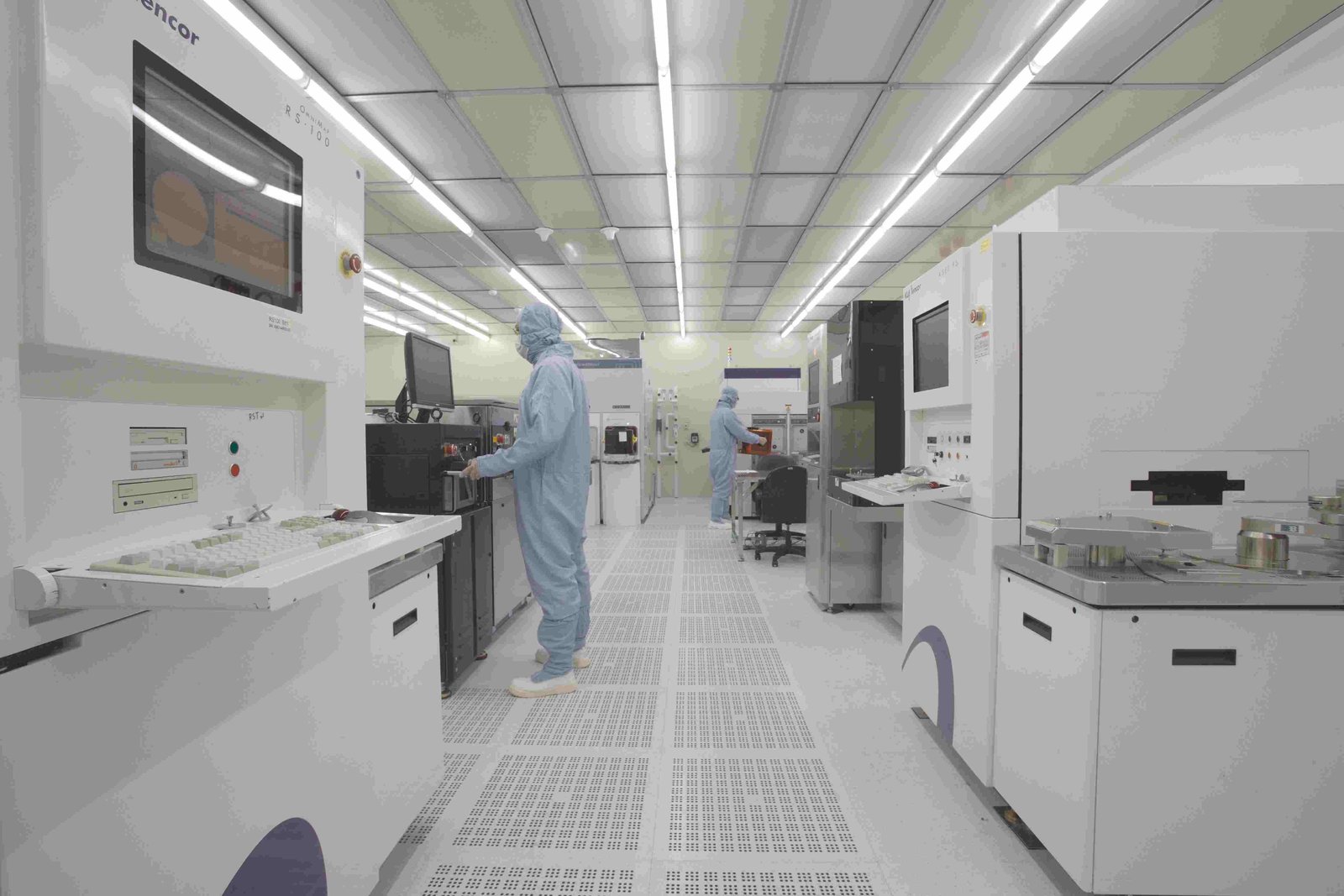Merck and Micron join forces for more sustainable gas solutions in the semiconductor industry
04 August 2022 | Thursday | News

- Partnership to develop gas solutions with a low global warming potential (GWP) used in the production of semiconductors
- Alternative etchant gas from Merck in practical testing at Micron
Merck, a leading science and technology company, and Micron Technology, Inc., an industry leader in innovative memory and storage solutions, join forces to develop gas solutions with a low global warming potential (GWP) used in the production of semiconductors. After a year of iterative collaboration, Micron is now testing an alternative low-GWP Etch gas from Merck’s Research & Development unit to validate its process performance to replace a traditional, high-GWP material. The goal: new, more sustainable gas solutions are to be introduced permanently into production of semiconductors in the future.
“Sustainability needs collaboration. We must not think in silos or limit ourselves merely to our corporate boundaries. The entire value chain is called upon to explore new, joint paths in order to achieve even more together,” said Kai Beckmann, Member of the Executive Board of Merck and CEO Electronics, adding that “like Merck, Micron has set itself ambitious sustainability goals. We are pleased to be able to contribute to their success.”
“Our new target aims at 42% emissions reduction across Micron’s global operations from 2020 levels by 2030. We take a multifaceted approach toward meeting our net-zero operational commitments. This includes investing in advanced abatement systems, prioritizing use of gases with lower global warming potential, sourcing energy-efficient equipment, and purchasing renewable instead of fossil fuel-generated energy,” said John Whitman, CVP, Operations Central Teams & Procurement at Micron. “We are glad to have an innovative partner in Merck to help us achieve these goals,” he added.
Merck and Micron look back on a long-standing, trusted business relationship. The test of a new gas with low global warming potential is to be just the beginning of the cooperation in the area of sustainability. Both companies are working to find new materials to replace various etching gases with high global warming potential that are used in dry etch and chamber cleaning applications. This can contribute to achieving the sustainability goals of both companies.
In May 2022, the independent Science Based Targets initiative (SBTi) has confirmed that Merck’s climate targets corresponded to the current status of climate science. Consequently, Merck is helping to limit global warming to 1.5°C, thus meeting the requirements of the Paris Agreement. Merck has committed to lowering its absolute direct (Scope 1) and indirect (Scope 2) greenhouse gas emissions by 50% by 2030. The majority of these greenhouse gas emissions is stemming from process-related emissions during the production of specialty chemicals for the electronics industry. With improved processes, Merck can significantly reduce those emissions in the future. At the same time Merck aims to reduce its indirect emissions along the entire value chain (Scope 3) by 52% per euro value added by 2030. The baseline year is 2020. The company's progress is documented in the sustainability report 2021.
Most Read
- How Does GLP-1 Work?
- Innovations In Magnetic Resonance Imaging Introduced By United Imaging
- Management of Relapsed/Refractory Multiple Myeloma
- 2025 Drug Approvals, Decoded: What Every Biopharma Leader Needs to Know
- BioPharma Manufacturing Resilience: Lessons From Capacity Expansion and Supply Chain Resets from 2025
- APAC Biopharma Review 2025: Innovation, Investment, and Influence on the Global Stage
- Top 25 Biotech Innovations Redefining Health And Planet In 2025
- The New AI Gold Rush: Western Pharma’s Billion-Dollar Bet on Chinese Biotech
- Single-Use Systems Are Rewiring Biopharma Manufacturing
- The State of Biotech and Life Science Jobs in Asia Pacific – 2025
- Asia-Pacific Leads the Charge: Latest Global BioSupplier Technologies of 2025
- Invisible Threats, Visible Risks: How the Nitrosamine Crisis Reshaped Asia’s Pharmaceutical Quality Landscape
Bio Jobs
- Sanofi Turns The Page As Belén Garijo Steps In And Paul Hudson Steps Out
- Global Survey Reveals Nearly 40% of Employees Facing Fertility Challenges Consider Leaving Their Jobs
- BioMed X and AbbVie Begin Global Search for Bold Neuroscience Talent To Decode the Biology of Anhedonia
- Thermo Fisher Expands Bengaluru R&D Centre to Advance Antibody Innovation and Strengthen India’s Life Sciences Ecosystem
- Accord Plasma (Intas Group) Acquires Prothya Biosolutions to Expand Global Plasma Capabilities
- ACG Announces $200 Million Investment to Establish First U.S. Capsule Manufacturing Facility in Atlanta
- AstraZeneca Invests $4.5 Billion to Build Advanced Manufacturing Facility in Virginia, Expanding U.S. Medicine Production
News











